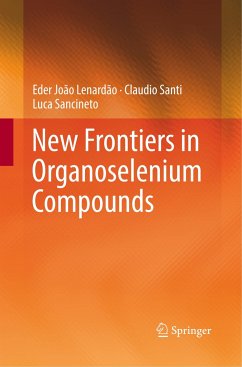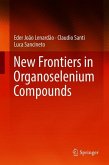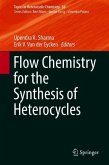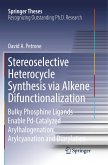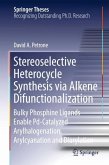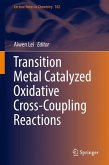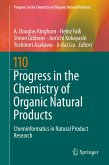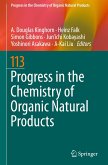This book presents recent advances in and perspectives on the use of organoselenium compounds, primarily highlighting the new frontiers in the field of Green Chemistry, their therapeutic and biological relevance and new materials. Throughout its 200 pages, readers will find an updated and comprehensive review of new aspects of organoselenium chemistry and biochemistry. Fully referenced and written in an easy to read style, it offers readers a primary resource for including organoselenium derivatives in their projects.
This book will be of interest to specialists, students and researchers involved in a broad range of fields, from synthetic green chemistry to medicinal chemistry and the chemistry of natural products.
The connection between organoselenium compounds and green chemistry, despite having only recently emerged, is one of the subjects of this book. The first chapter highlights the use of Se-containing molecules as reagents and catalysts in new green protocols to access important organic transformations.
The book provides a wealth of examples of bioactive Se-containing molecules, especially focusing on those with potential therapeutic uses. The second chapter focuses on the state of the art concerning the role of organoselenium compounds as antioxidants, GPx mimics, and derivatives endowed with different bioactive properties. "Organoselenium in nature" is the title of the third chapter, which equips readers with essential information on the main natural organoselenium compounds and where they are found. Selected aspects of the metabolism of selenium in plants and microorganisms are also discussed. In closing, the book includes a chapter dedicated to recent advances concerning the nonbonding interactions between organochalcogen compounds. This is currently a hot topic in selenium chemistry and biochemistry, and here readers will find key insights into the chalcogen bond and its role in the biological activity of organoselenium compounds.
This book will be of interest to specialists, students and researchers involved in a broad range of fields, from synthetic green chemistry to medicinal chemistry and the chemistry of natural products.
The connection between organoselenium compounds and green chemistry, despite having only recently emerged, is one of the subjects of this book. The first chapter highlights the use of Se-containing molecules as reagents and catalysts in new green protocols to access important organic transformations.
The book provides a wealth of examples of bioactive Se-containing molecules, especially focusing on those with potential therapeutic uses. The second chapter focuses on the state of the art concerning the role of organoselenium compounds as antioxidants, GPx mimics, and derivatives endowed with different bioactive properties. "Organoselenium in nature" is the title of the third chapter, which equips readers with essential information on the main natural organoselenium compounds and where they are found. Selected aspects of the metabolism of selenium in plants and microorganisms are also discussed. In closing, the book includes a chapter dedicated to recent advances concerning the nonbonding interactions between organochalcogen compounds. This is currently a hot topic in selenium chemistry and biochemistry, and here readers will find key insights into the chalcogen bond and its role in the biological activity of organoselenium compounds.

